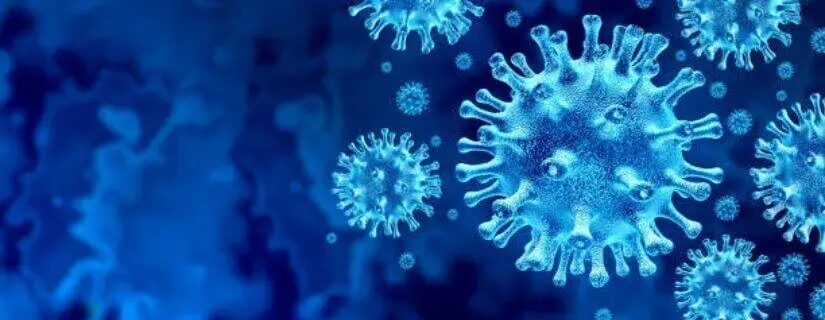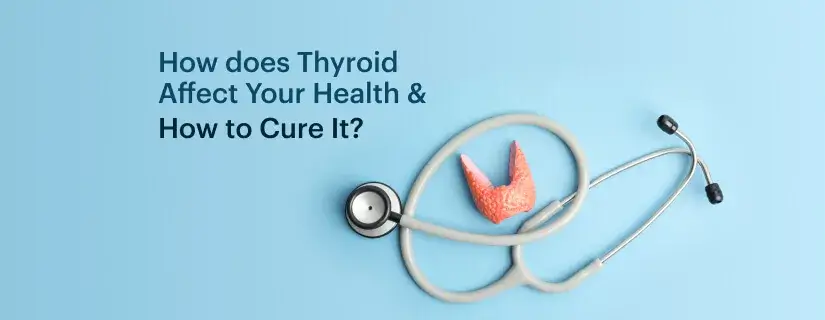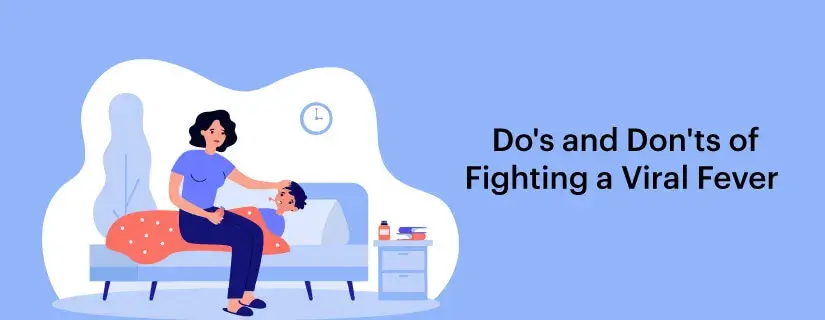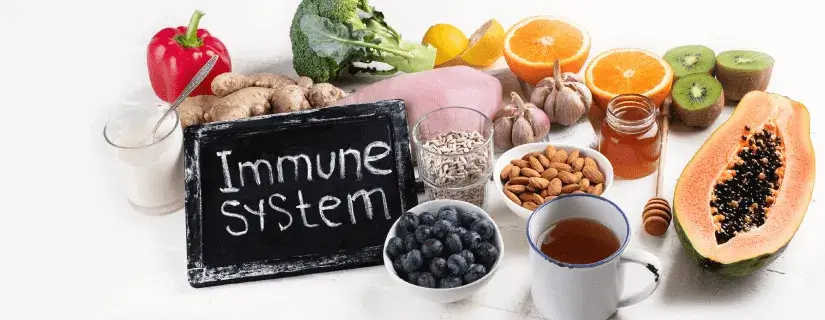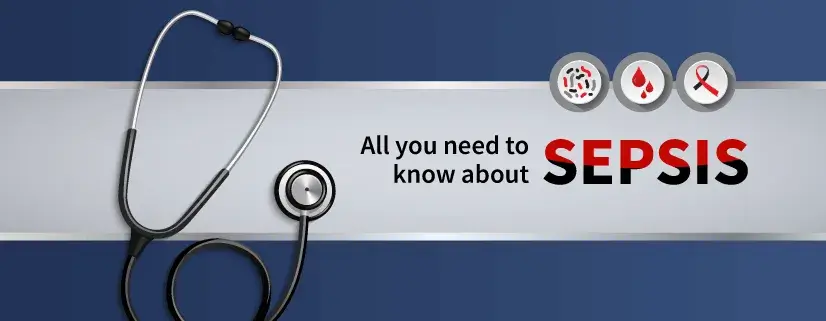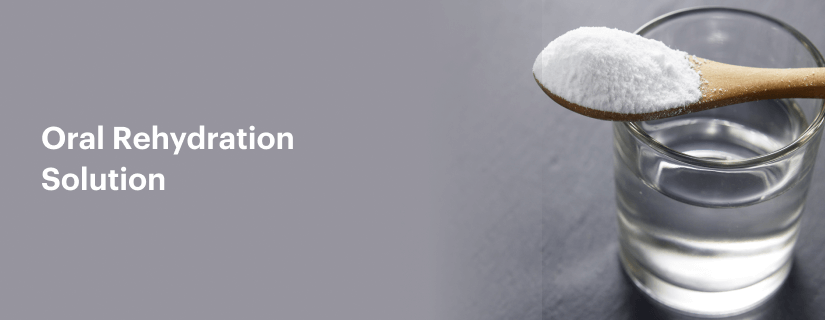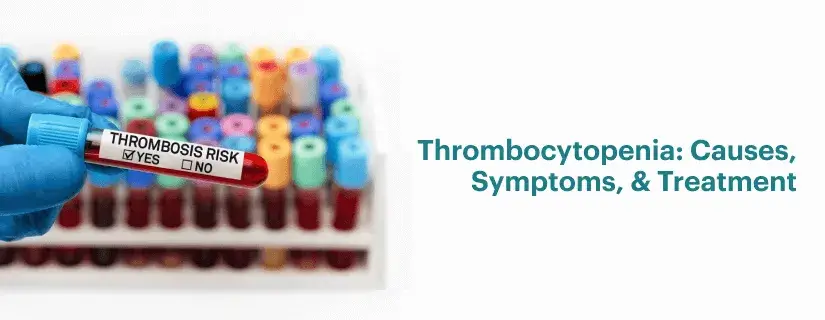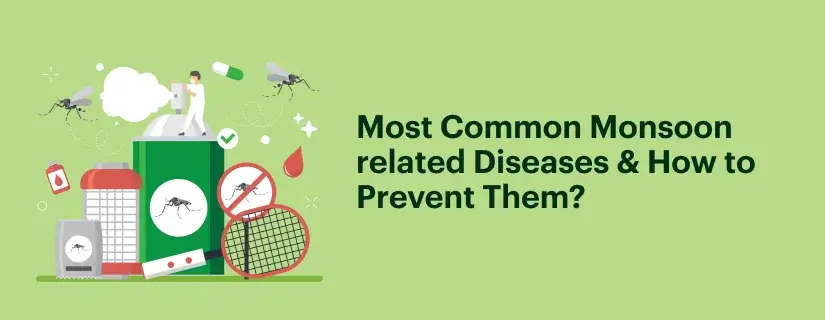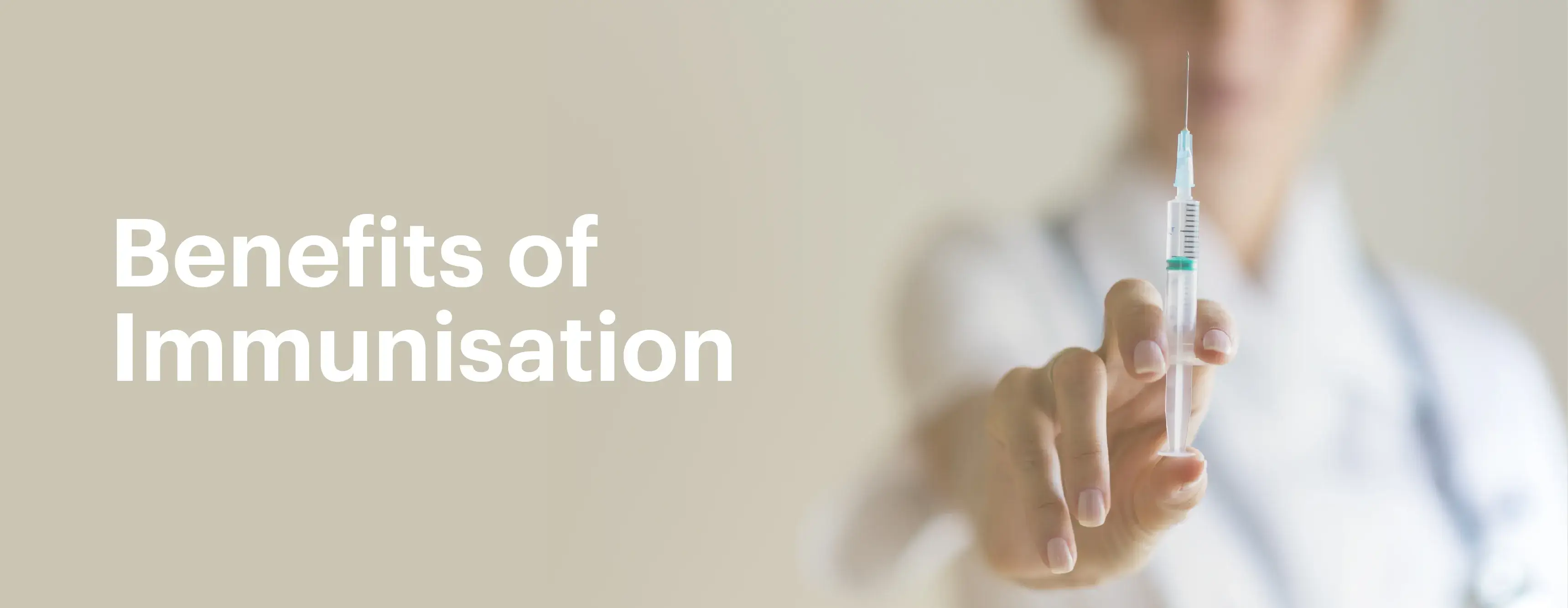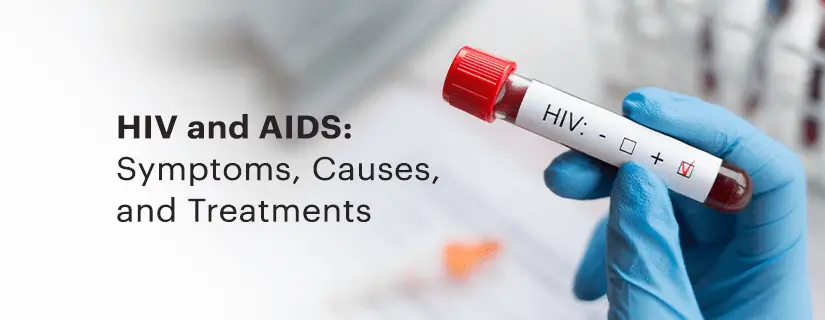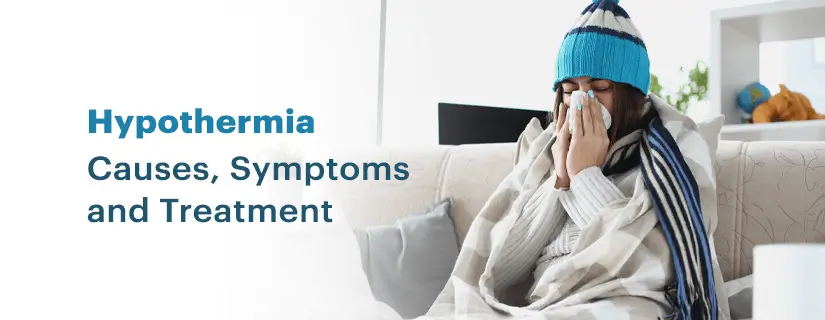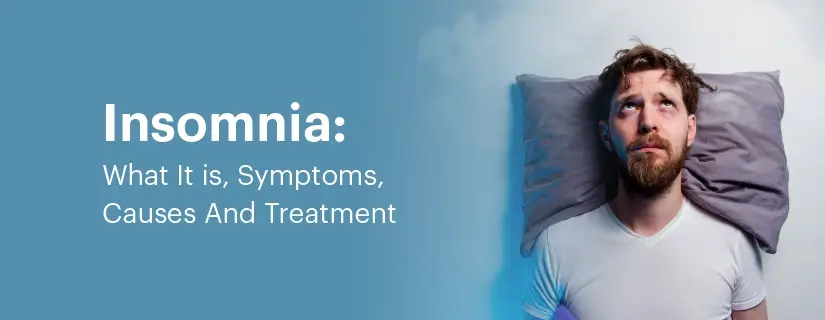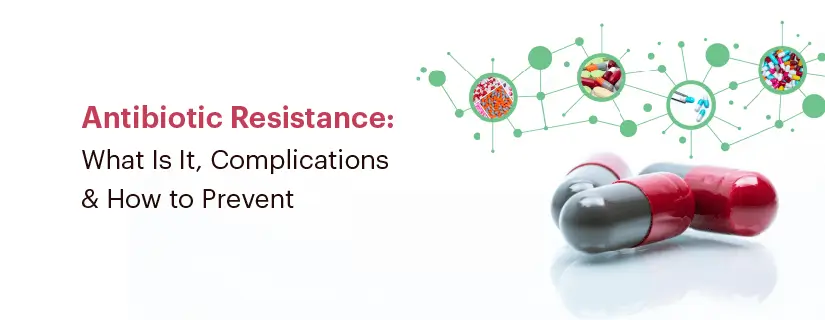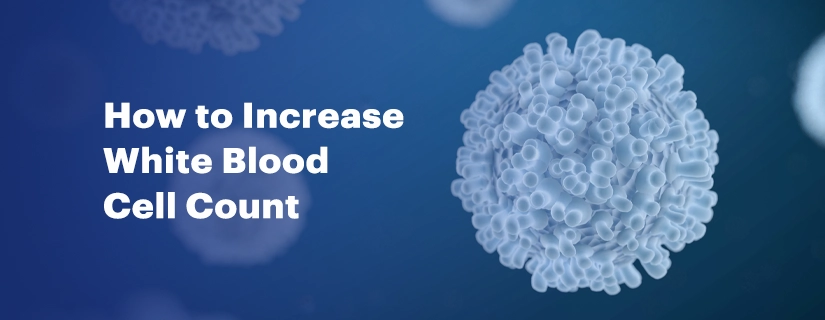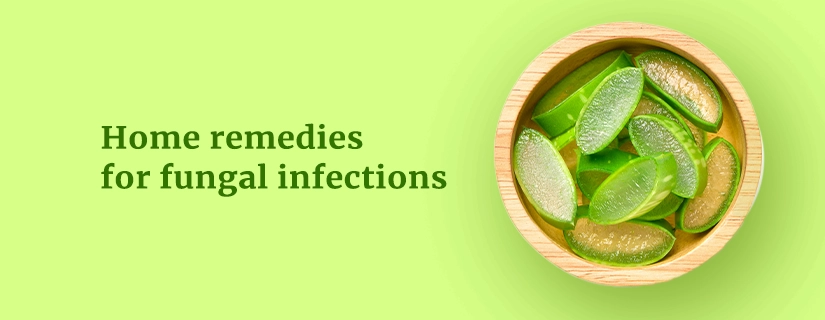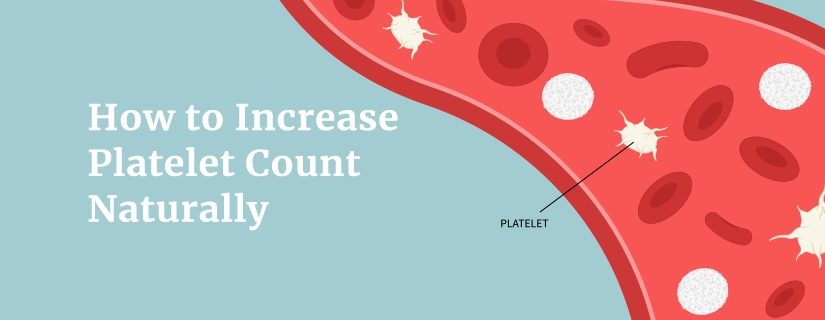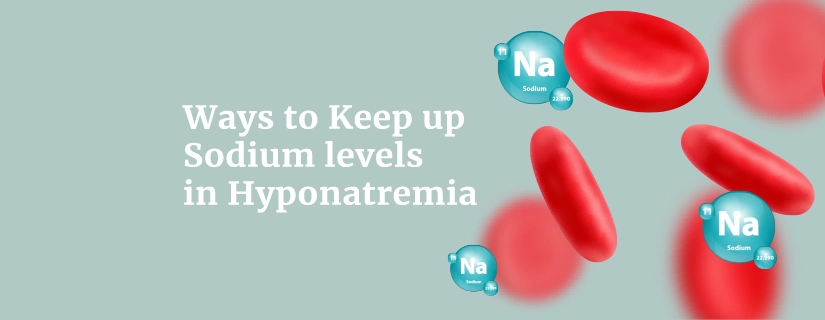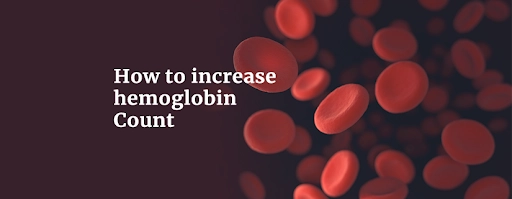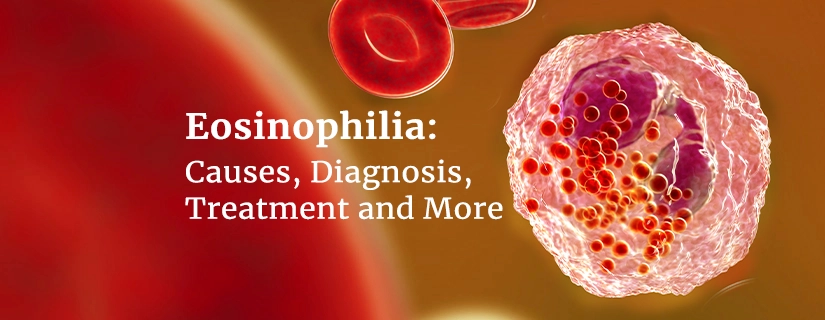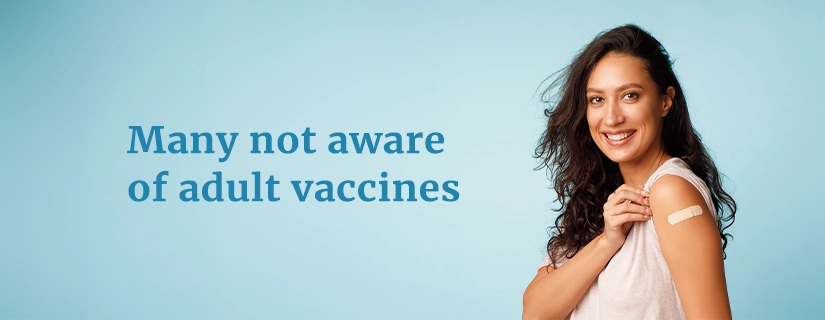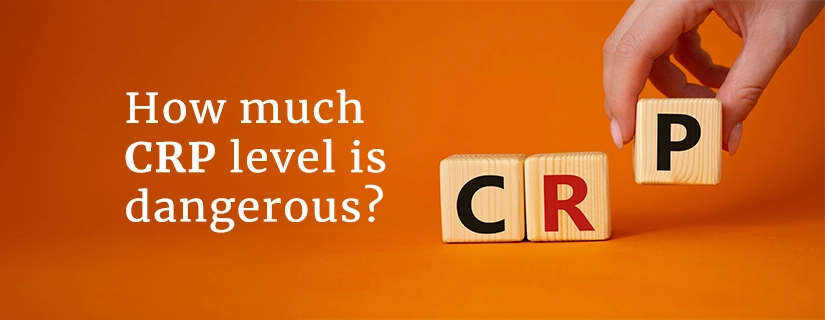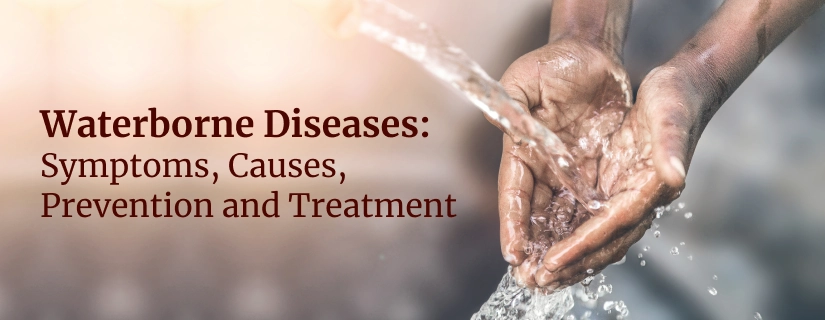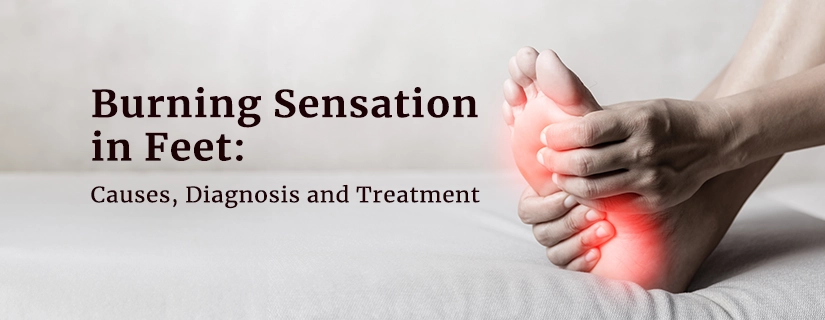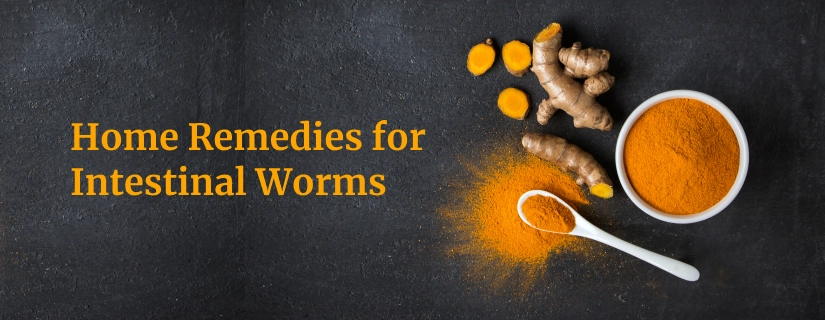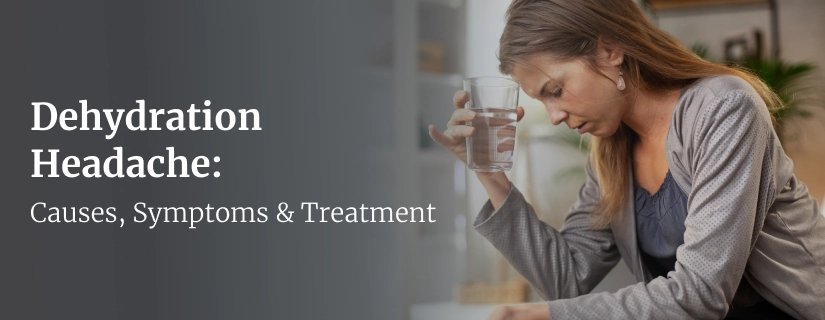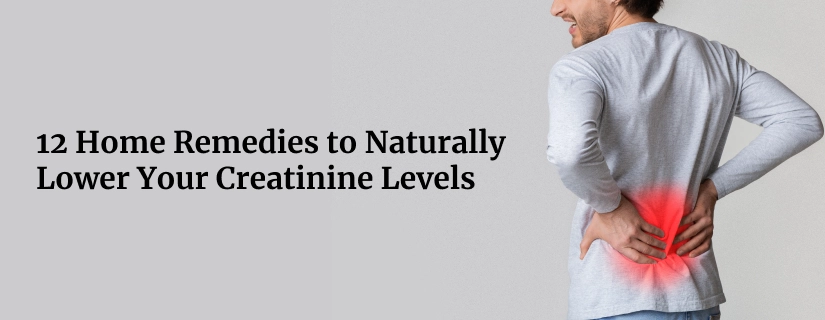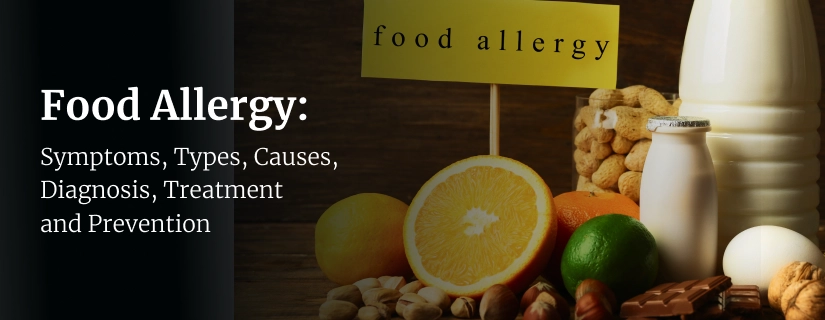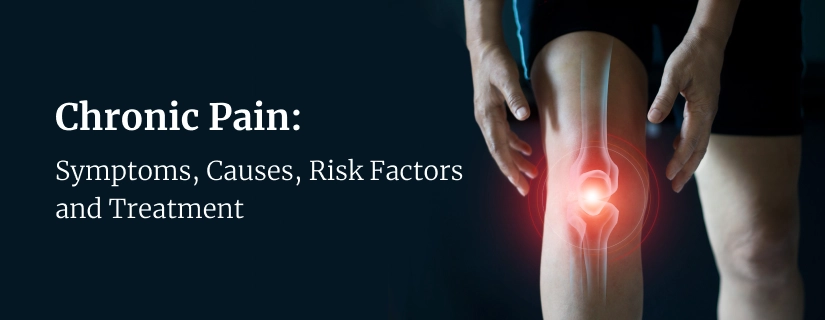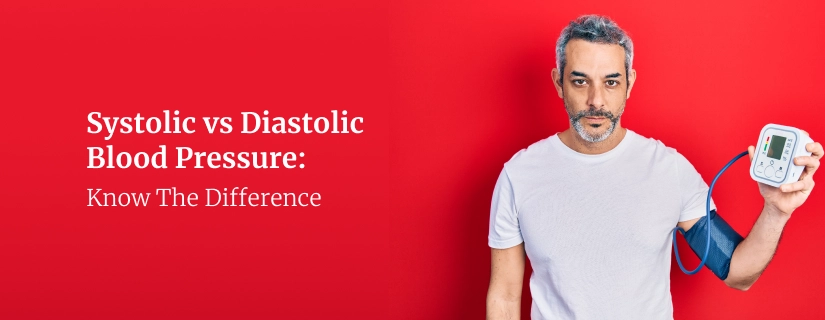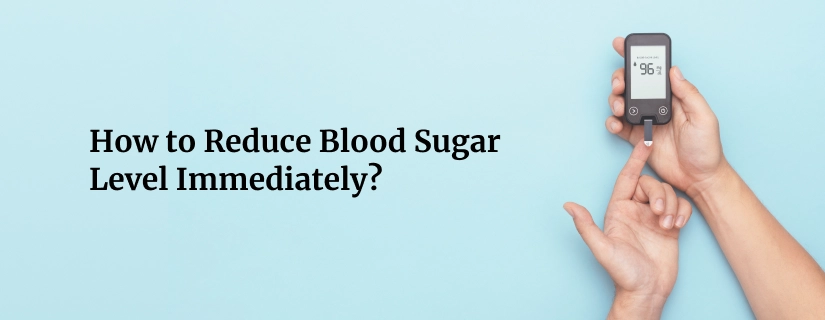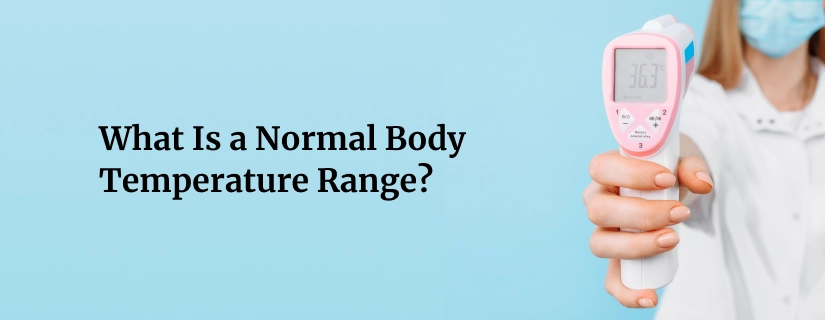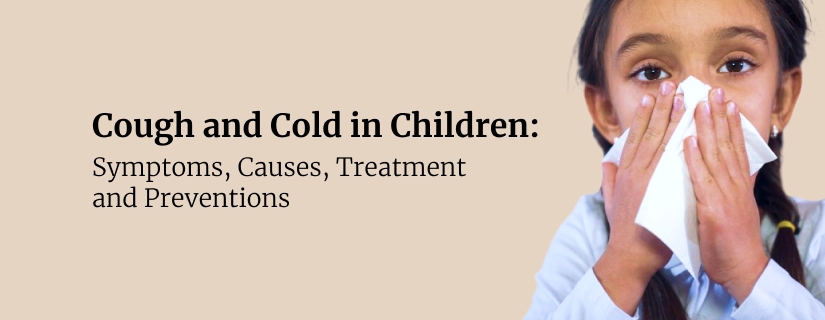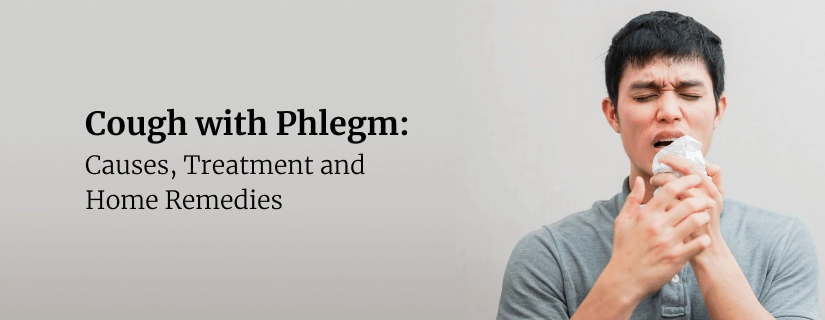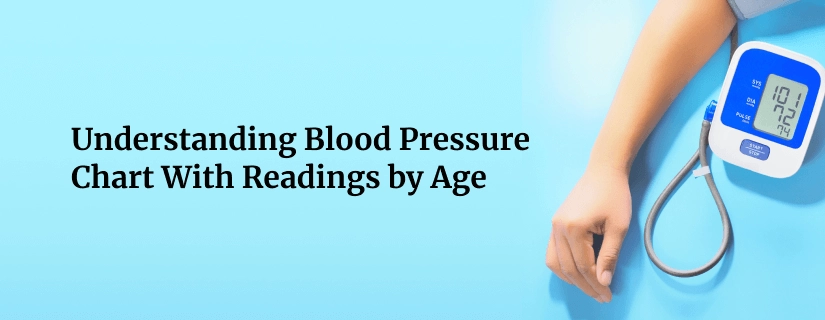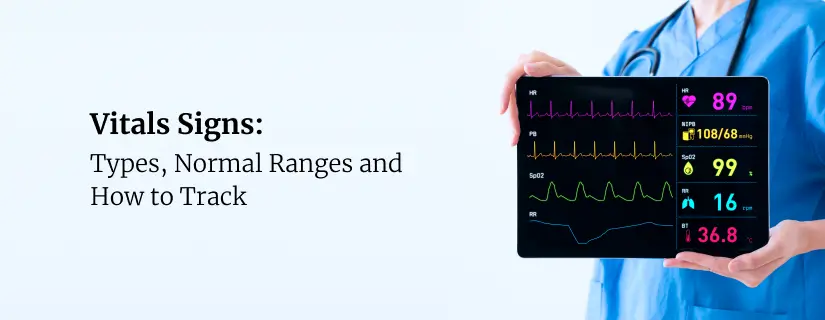-
Doctors
-
Specialities & Treatments
Centre of Excellence
Specialties
Treatments and Procedures
Hospitals & Directions HyderabadCARE Hospitals, Banjara Hills CARE Outpatient Centre, Banjara Hills CARE Hospitals, HITEC City CARE Hospitals, Nampally Gurunanak CARE Hospitals, Musheerabad CARE Hospitals Outpatient Centre, HITEC City CARE Hospitals, Malakpet
HyderabadCARE Hospitals, Banjara Hills CARE Outpatient Centre, Banjara Hills CARE Hospitals, HITEC City CARE Hospitals, Nampally Gurunanak CARE Hospitals, Musheerabad CARE Hospitals Outpatient Centre, HITEC City CARE Hospitals, Malakpet Raipur
Raipur
 Bhubaneswar
Bhubaneswar Visakhapatnam
Visakhapatnam
 Nagpur
Nagpur
 Indore
Indore
 Chh. Sambhajinagar
Chh. SambhajinagarClinics & Medical Centers
Book an AppointmentContact Us
Online Lab Reports
Book an Appointment
Consult Super-Specialist Doctors at CARE Hospitals
Preventive Healthcare: Types, Benefits and Significance
Updated on 3 January 2023
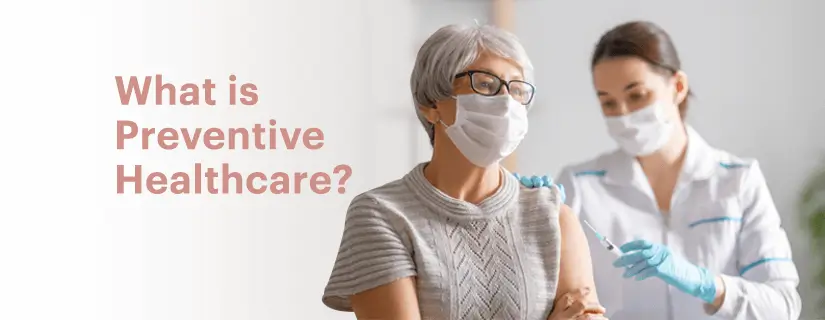
“Prevention is better than cure.”
As the name suggests, Preventive Healthcare essentially deals with measures that need to be taken to prevent the onset of possible diseases. It particularly aims to reduce the likelihood of disease and its associated risk factors. It can be applied and utilised at any stage of a person’s life. Even if someone is suffering from a certain disease, preventive healthcare works to ensure that there is no further decline in the condition.
Diseases and health conditions can be initiated or affected by several factors, including the environment, genetics, lifestyle choices, disease agents, etc. Preventive healthcare works to establish anticipatory actions to regulate these factors and prevent diseases from developing or spreading further.
Types of Preventive Care
Preventive healthcare or preventive medicine can be of different types.
- Genetic Research: Many diseases have genetic factors behind them. It is possible to be prepared and take appropriate measures against disease if the genetic factor behind it is known. To achieve this, the field of genetic testing is growing rapidly as part of preventive healthcare.
- Public Health Awareness: This method of preventive health care focuses on educating the masses about healthy lifestyle habits and wellness. Common people must be aware of the risk factors and causes behind most diseases. For instance, several diseases related to lifestyle have been on the rise recently. These include diabetes, heart disease, metabolic syndrome, obesity, etc.
- Screening and Tests: Doctors now proactively recommend regular tests and preventive health checkups to ensure diseases are diagnosed in their early stages or even before happening by detecting early signs. Regular blood sugar level tests and blood pressure and cholesterol checkups can help catch heart disease and diabetes early. Also, annual mammograms and colonoscopies are proven effective tools in the early detection & prevention of cancer.
- Vaccines: Vaccinations are a popular preventive care method. These are given in early childhood or later as a preventive measure to be able to fight any future infections successfully. An example of popular and common vaccines include flu shots, Covid -19 vaccines, polio vaccines, etc. Diseases like smallpox and rinderpest have been completely eradicated thanks to vaccines.
Benefits of Preventive Care
Preventive healthcare has tons of benefits for the world population in general. Some of these benefits include:
- Preventive medicine focuses on controlling the risk factors and increasing your chance of living a quality and healthy life.
- Preventive healthcare also operates on a disease spectrum. So, if someone already suffers from a disease, preventive healthcare can reduce any further damage via some medical advice and lifestyle changes.
- Preventive methods like vaccinations can even eradicate a disease.
- It can save you time, money, and the stress of dealing with diseases.
Significance of Research in Preventive Care
Research is an important part of preventive medicine; whether it is research behind agents causing disease or genetic factors responsible for them, it plays an important role in anticipating effective preventive measures against deadly diseases. Research can also help us understand how to identify diseases at the earliest stage if a person has a genetic disposition for them. Therefore, more research in this field can help us be prepared to fight deadly diseases.
Concluding Words
Preventive health services aim to be proactive and not just reactive. In this way, most of the damage done by medical conditions can be prevented well in advance or at least further decline can be slowed or stopped.
To Book an Appointment, call:
ENQUIRY FORM
SELECT CATEGORIES
-
Neurosciences (16)
-
Neurology (37)
-
Neurosurgery (14)
-
Orthopaedics (48)
-
Oncology (33)
-
Obstetrics and gynecology (52)
-
Pulmonology (23)
-
Urology (20)
-
Nephrology (13)
-
Psychiatry (7)
-
Dietetics and Nutrition (111)
-
General Medicine (63)
-
Cardiac Sciences (32)
-
Vascular & Endovascular Surgery and Interventional Radiology (15)
-
Gastroenterology (46)
-
Endocrinology (23)
-
Plastic Surgery (10)
-
Critical Care Medicine (5)
-
COVID-19 (16)
-
Dermatology (16)
-
Emergency Care (1)
-
Ophthalmology (4)
-
Pediatrics (14)
-
Laparoscopic and Bariatric Surgery (8)
-
ENT (15)
-
Kidney Transplant (1)
-
Liver Transplantation and Hepatobiliary Surgery (5)
-
General Surgery (3)
-
Internal Medicine (5)
-
Medicine Information
How do Smoking and Drinking Harm Your Health?
Tips to Prevent Water-Borne Diseases
YOU MAY ALSO LIKE
RECENT BLOGS
-

Preterm Birth (Premature Birth): Symptoms, Causes, Treatment and Prevention
13 May 2025
Read More
-

Rotablation Angioplasty: Benefits, Treatments, And Recovery Time
9 May 2025
Read More
-

What Is The Difference Between IUI and IVF?
9 May 2025
Read More
-

Venous Malformations: Causes, Symptoms, and Treatment
30 April 2025
Read More
-

Varicose Vein Foam Sclerotherapy: Treatment, Benefits, and Procedure
30 April 2025
Read More
-

Radiofrequency (RF) Ablation Treatment for Varicose Veins: Know More
30 April 2025
Read More
-

Varicose Vein Sclerotherapy: Treatment, Benefits, and Procedure
30 April 2025
Read More
-

Varicose Vein Endovenous Laser Ablation: Procedure, Benefits, Risks
30 April 2025
Read More
Have a Question?
If you cannot find answers to your queries, please fill out the enquiry form or call the number below. We will contact you shortly.




